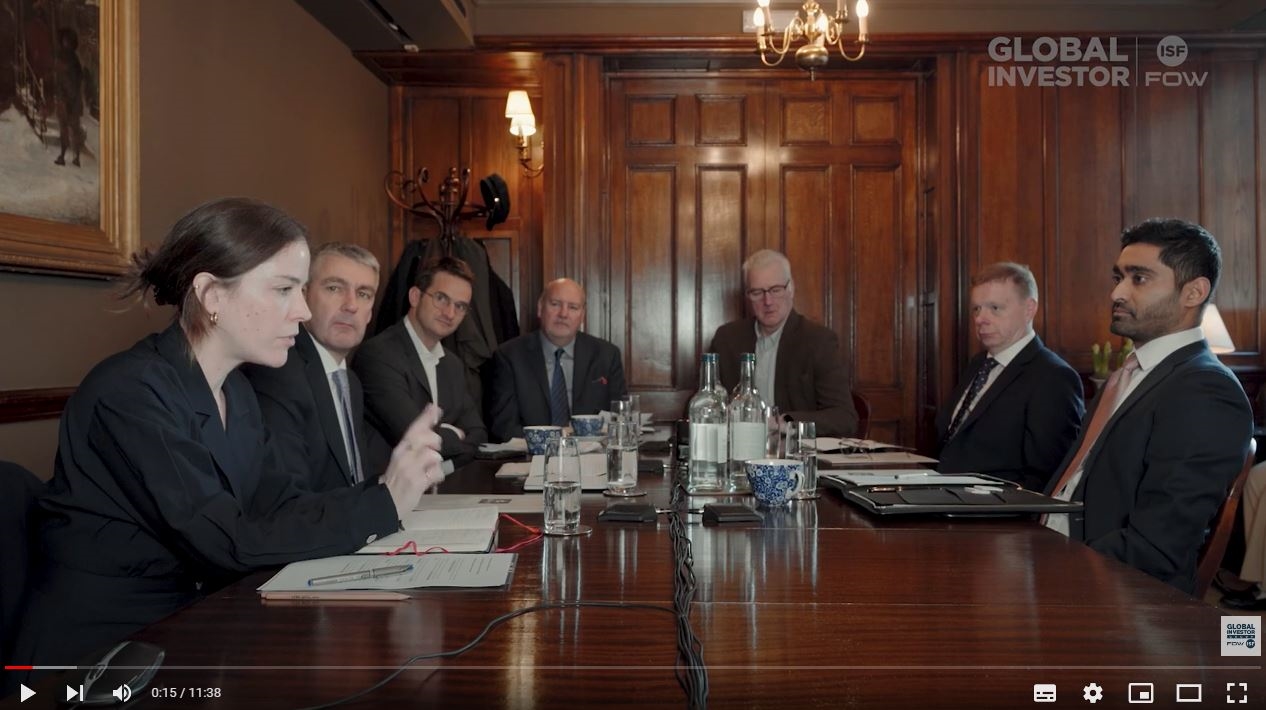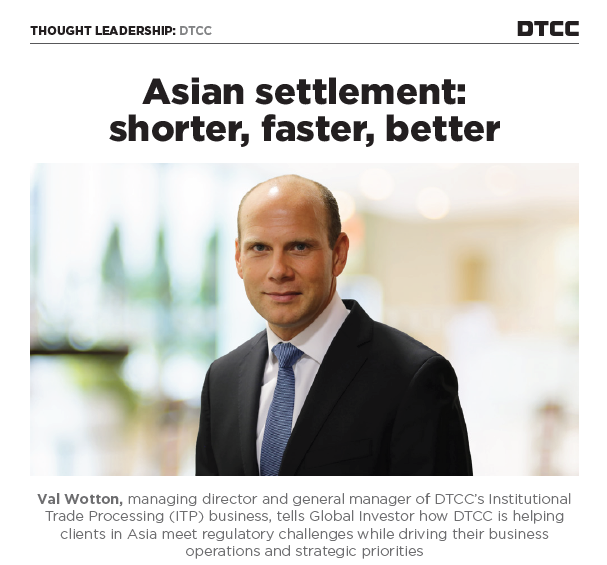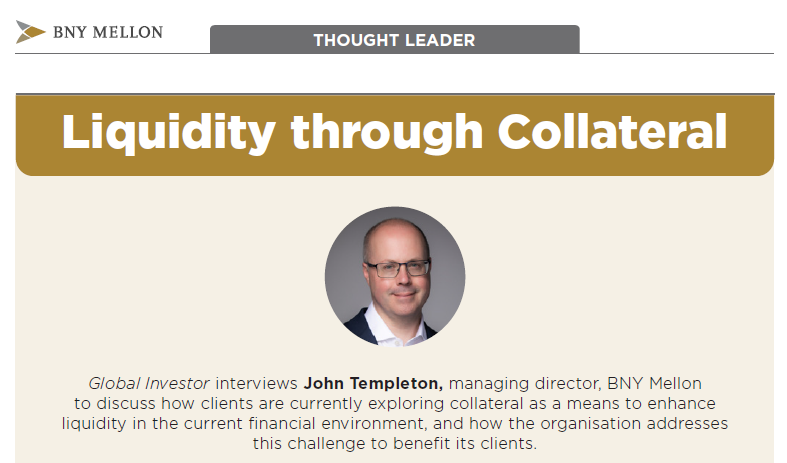Transition Management Roundtable 2023: trends & developments

Setting the Scene
In early December 2022, Global Investor brought together the industry’s leading transition managers and consultants to discuss some of the key issues affecting clients including costs, the impact of interim solutions, the evolution of data analysis, and how business models are adapting to market conditions.
A portion of the 2023 Transition Management Roundtable is available in the video above. See below for a transcript of the highlights.
Amelie Labbe: How has geopolitical and economic uncertainty impacted clients over the last 12 months?
Andy Gilbert: Volatility remained elevated throughout the year across the majority of asset classes. It is during these periods of excessive volatility that there is a greater need for transition management to assist clients when they are undertaking change. If you don’t identify these costs and risks, how can you ever expect to manage them?
It is incumbent on the transition management industry to highlight risks and costs and identify how they can be managed, whether that is via hedging strategies or improved access to liquidity to trade more efficiently.
Ashish Patel: Clients who use transition management are typically very long-term investors who can afford to be patient during times of volatility. So, what we do as transition managers is to assist these clients to continually assess or validate how they think about these impacts of volatility on portfolio allocation, asset manager selection. What we have found this year more so than ever is that we are being engaged earlier in the investment lifecycle.
Clients come to us and ask, ‘what does this portfolio structure look like’, ‘how can we reduce tracking error’, and ‘how can you guide us in the investment decision process’.
As Andy alluded to, we have to think about the opportunity cost, the access to liquidity amongst these restructures. What that further means is that when clients have a potential go live date, can we think about moving the goalposts?
David Edgar: A lot of clients are making changes for strategic reasons and in many ways, the political backdrop and global economic situation doesn’t necessarily change that. Much of the skill comes in taking the client through the transition experience without any surprises.
What is completely different is what happened in September and October this year in the DB pension world, and I am not sure we know exactly where that is leading, but I think there will surely be changes in 2023. I expect that pension funds are taking stock and thinking about what the future holds for them. There could well be new regulation around that, which would mean further changes.
Paul McGee: I would agree that what we have observed with heightened volatility is more of a requirement to handhold our clients, such as assisting them with ongoing assessments of current market conditions, and cost estimates.
They are looking to us to advise them, for example, on whether they should phase their transition as opposed to going big-bang on one particular trading day. We have also seen a need for more regular communication, not only in the lead-up to transition but during the trading, perhaps talking to the client three or four times a day to assess conditions and whether we proceed on the planned participation rate.
Cyril Vidal: The sort of things I would really encourage the client to look at include ‘what flexibility can my provider give me’ and ‘can they show me some evidence of that’.
Chris Adolph: In periods of high volatility there can be a wider range around the mean cost estimate we give our clients, and that can be challenging if it moves dramatically away from that estimate. This is where communication becomes really important and also for clients to understand how we propose to manage such periods.
James Woodward: The point about manager communication is important because we are seeing some of the stocks within model portfolios changing substantially, moving up to 10% in a single day. Communication in terms of whether clients want to maintain their weight in a particular stock, especially if it is a position that has been built over a number of days, is important to make sure the validity of the model is still there with the manager under the circumstances.
Found this useful?
Take a complimentary trial of the FOW Marketing Intelligence Platform – the comprehensive source of news and analysis across the buy- and sell- side.
Gain access to:
- A single source of in-depth news, insight and analysis across Asset Management, Securities Finance, Custody, Fund Services and Derivatives
- Our interactive database, optimized to enable you to summarise data and build graphs outlining market activity
- Exclusive whitepapers, supplements and industry analysis curated and published by Futures & Options World
- Breaking news, daily and weekly alerts on the markets most relevant to you





